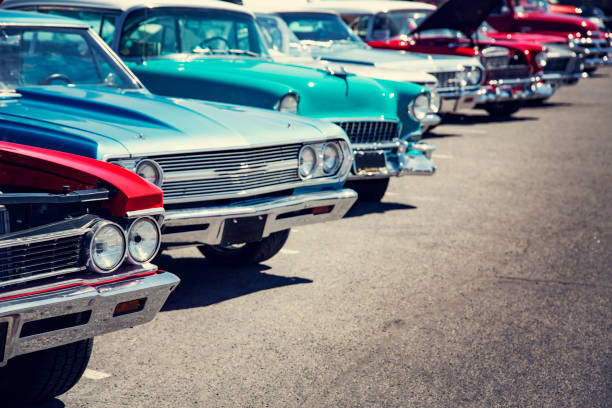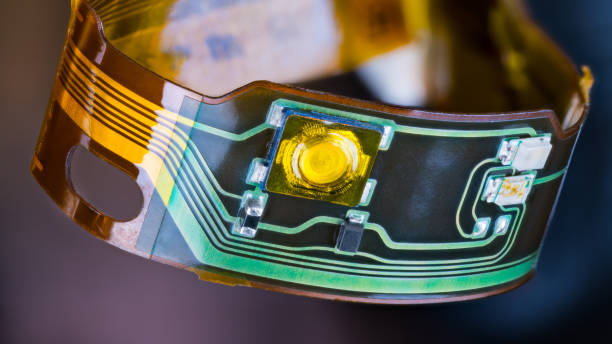The Resurgence of Classic Car Culture in the Digital Age
Imagine a time when younger generations are showing an increased interest in classic cars, reigniting the passion for these mechanical marvels. This article delves into the modern resurgence of classic car culture, its roots and the implications for the automotive industry.

The Allure of Old School: A Historical Context
The fascination with classic cars is not new. Since the advent of the automobile, car enthusiasts have been captivated by the sense of style, craftsmanship, and mechanical simplicity that classic cars offer. This love for vintage vehicles gained momentum in the mid-20th century, when cars were considered a symbol of status and freedom. The unique designs and driving experiences they provided were unmatched by modern vehicles.
The Modern Resurgence: A Digital Facelift
Fast forward to the 21st century, where technology reigns supreme, yet there seems to be a paradoxical shift towards the classics. Younger generations, often seen as tech-savvy and futuristic, are showing a growing interest in classic vehicles. This shift can be attributed to a variety of factors. Digital platforms have made it easier for enthusiasts to discover, buy, and sell classic vehicles. Social media has provided a space for car lovers to connect, share their knowledge, and express their passion for these vintage gems.
The Impact: Reshaping the Automotive Industry
This resurgence has had significant impacts on the automotive industry. Classic car restoration has become a lucrative business, with companies specializing in restoring these vehicles to their former glory. Manufacturers are also taking note, with some even launching ‘heritage’ divisions to cater to the demand. However, this trend also presents challenges, such as the scarcity of spare parts and the need for specialist skills to maintain and restore these vehicles.
The Future: Classic Meets Contemporary
The future of classic car culture looks promising. While it’s unlikely that classic cars will ever replace modern vehicles, they will continue to hold their unique space in the automotive world. The blend of nostalgia and technological advancements presents exciting possibilities. Imagine classic cars equipped with modern safety features or classic designs with electric powertrains. The possibilities are endless, and only time will tell how this trend evolves.
Driving Forward with a Glance Backwards
The resurgence of classic car culture in the digital age is a testament to the timeless appeal of these mechanical masterpieces. As we drive forward into a future dominated by technological advancements, it’s comforting to know that the past is still very much alive in our rear-view mirror. Classic cars are more than just vehicles; they are a link to our history, a symbol of our progress, and a reminder of the road we’ve travelled. As we continue to navigate the intersection of past and future, one thing is clear: classic car culture is here to stay.





